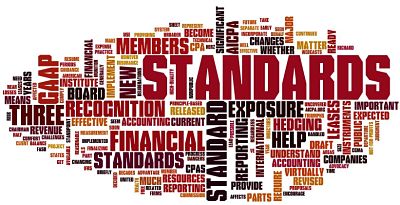The Sustainability Accounting Standards Board (SASB), a 501c3 non-profit organization that provides sustainability accounting standards for publicly listed companies in the U.S., has issued provisional standards for eight industries in the “Consumption II” sector, including:
- Apparel, Accessories & Footwear
- Appliance Manufacturing
- Building Products & Furnishings
- Drug Retailers & Convenience Stores
- E-Commerce
- Food Retailers & Distributors
- Multiline and Specialty Retailers & Distributors
- Toys & Sporting Goods
The standards help companies disclose sustainability information that is likely to be material. Example disclosure topics for these industries include management of chemicals in products, data security, labor conditions in the supply chain, and product lifecycle environmental impacts. The standards average two topics per industry, and 76 percent of metrics are quantitative.
“Many industries in this sector are characterized by thin net profit margins and pricing competition, making operational efficiency and resulting cost savings critical. Additionally, these are consumer-facing industries, so protecting brand value from ‘headline risk’ such as labor disputes is important,” says Dr. Jean Rogers, SASB founder and CEO. “These are sustainability issues that SASB standards help companies identify, manage and disclose.”
SASB’s standards development process is rooted in evidence and shaped by consensus. The working groups for Consumption II industries included 228 participants affiliated with publicly traded companies with $363 billion market capitalization, and investment firms with $9.2 trillion in assets under management.
“At Steelcase, sustainability drives innovation and business fitness, contributing to the financial wellbeing of our company,” says Angela Nahikian, Director of Global Sustainability at Steelcase. “We support the efforts of SASB and organizations around the world working to clarify social and environmental factors impacting business performance. Quantifying these dimensions promises to contribute to better outcomes for businesses, their investors, and their customers—as well as people and communities around the world.”
SASB divided the Consumption sector into two parts due to the large number of industries. Consumption I focused on staples manufacturing and Consumption II encompasses consumer goods and retailing. Consumption I standards were issued in June 2015.
SASB standards remain provisional for at least one year after the issuance date for a public comment period, during which SASB conducts cost-benefit analysis and engages in consultation with issuers. To provide feedback at any time, please visit SASB’s public comment portal.
Thanks for reading CPA Practice Advisor!
Subscribe Already registered? Log In
Need more information? Read the FAQs




